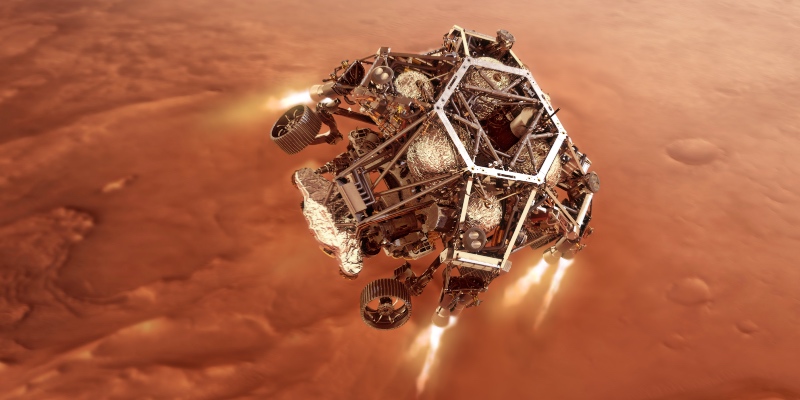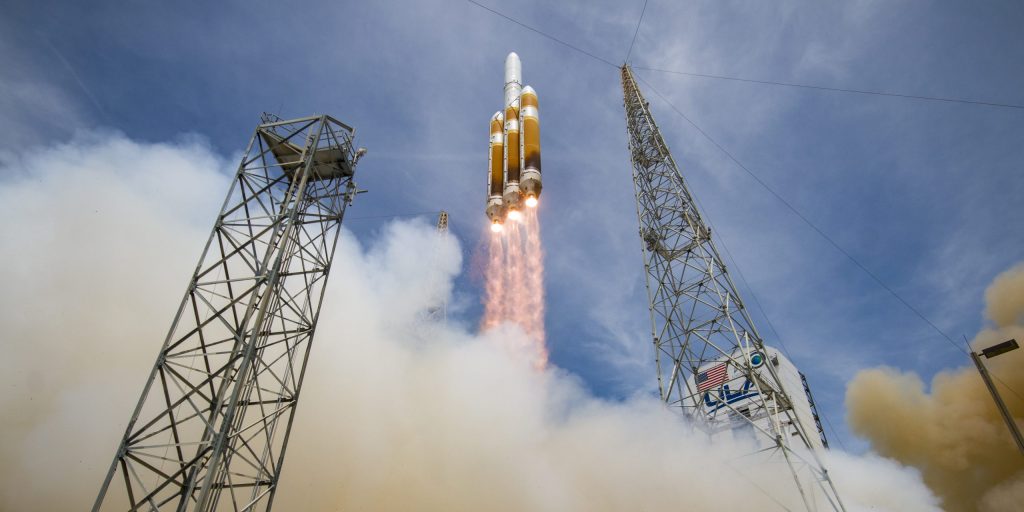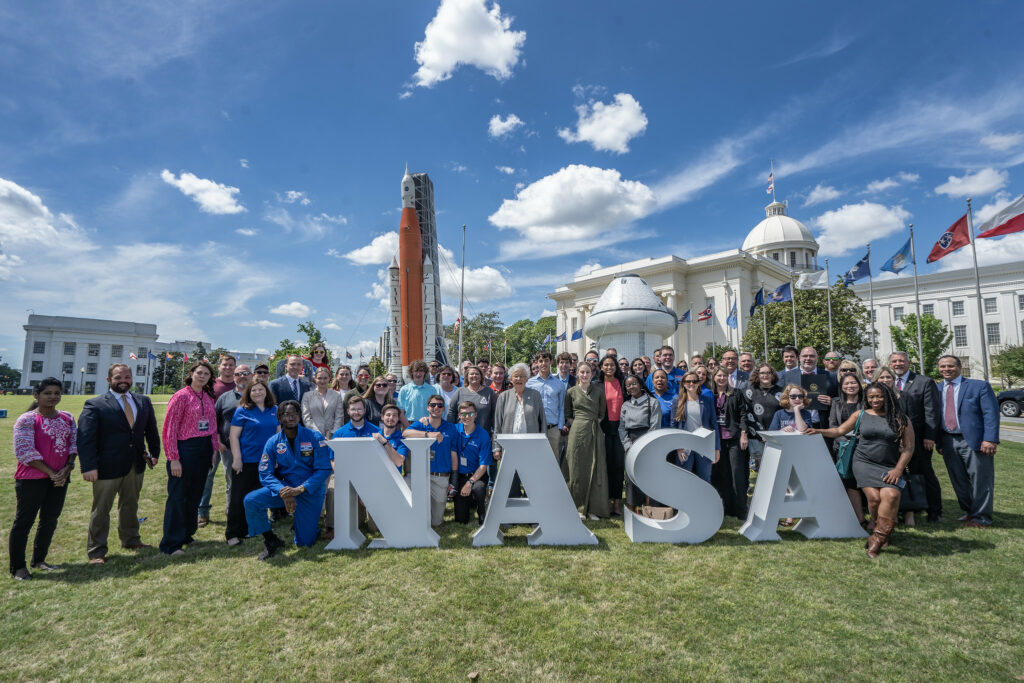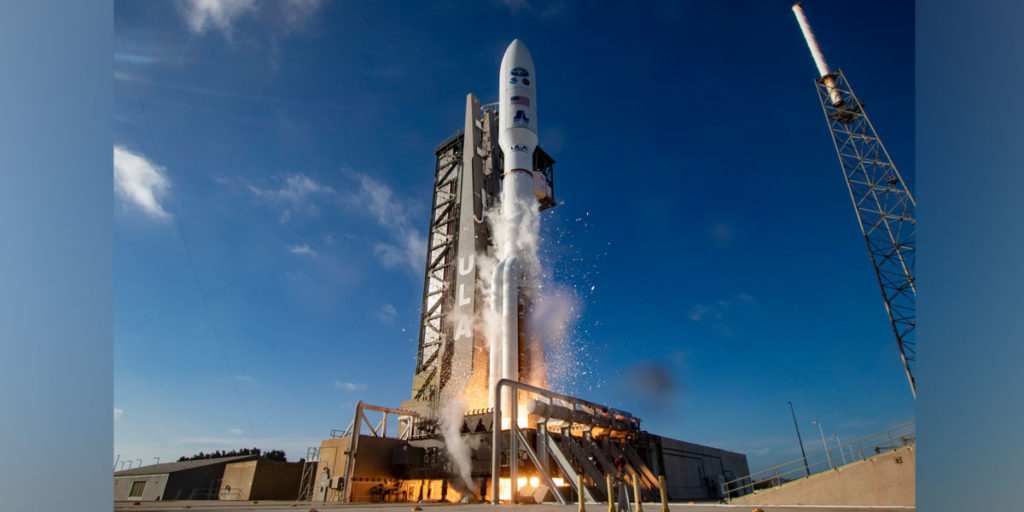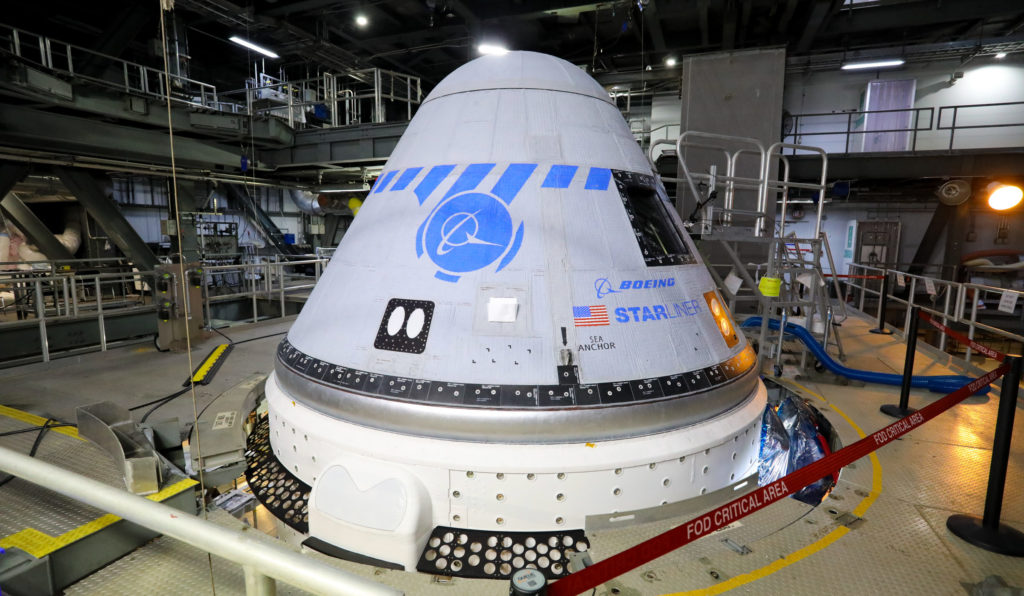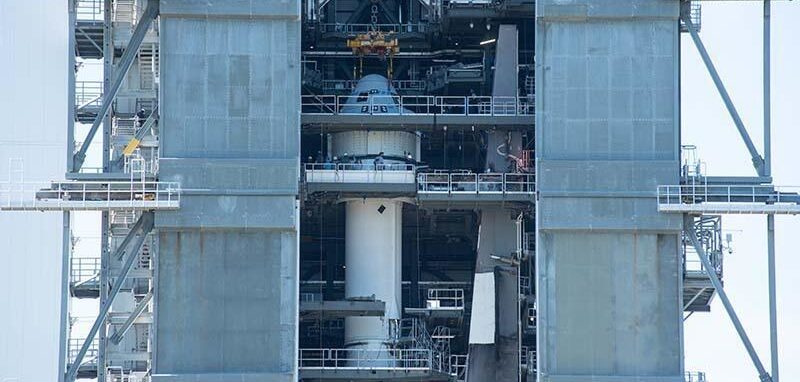Following a 203-day, 293-million-mile journey, the Perseverance rover on Thursday will attempt a historically-difficult landing in Mars’ Jezero Crater.
A robotic spacecraft, Perseverance will perform the intense entry, descent and landing that begins by hitting the top of the Martian atmosphere at 12,100 mph. Just seven minutes later, the rover should put its six wheels on the surface at 2:55 p.m. CT.
This comes through NASA’s Mars 2020 unmanned mission, part of the agency’s Mars Exploration Program.
Perseverance lifted off on July 30 atop an Atlas V rocket, built by United Launch Alliance (ULA) at the company’s world-class Decatur, Alabama, manufacturing facility.
The ULA rocket, flying in the powerful 541 configuration with four solid rocket boosters, perfectly delivered Perseverance on an ultra-precise interplanetary trajectory to intercept Mars on schedule.
However, the successful performance of the rocket should come as no surprise. Mars 2020 marks America’s 20th trip to the Red Planet, and every one of them has been launched by ULA.
In fact, the Atlas V rocket alone has been entrusted with four previous launches to Mars, including the Mars Reconnaissance Orbiter in 2005, the Mars Science Laboratory featuring the Curiosity rover in 2011, the MAVEN atmospheric research orbiter in 2013 and the InSight geophysical lander in 2018.
ULA’s experience with launches to Mars goes all the way back to 1964, when the first-ever U.S. mission to the Red Planet, called Mariner 4, took off from Cape Canaveral aboard an Atlas LV-3 Agena-D rocket. That was followed by the historic voyage of Mariner 9, launched by Atlas-Centaur in 1971, that became the first artificial satellite of Mars by entering orbit around the planet.
In all, 19 successful missions have started with a ULA or heritage rocket sending spacecraft to Mars.
Thursday’s scheduled Perseverance landing will be especially difficult because the rover will face the most challenging terrain ever targeted by a robotic spacecraft. Jezero Crater is a 28-mile-wide impact basin with steep cliffs, sand dunes, boulder fields and smaller impact craters.
The rover is also carrying the Ingenuity robotic helicopter onboard. During the mission, Ingenuity will attempt the first powered flight on another planet.
Alabamians may remember that the helicopter was named last year by a high school student from Tuscaloosa County as part of a NASA contest.
The primary goal of the Mars 2020 mission is determining whether life ever existed on the planet. Scientists believe evidence of microbial life may be preserved in Jezero, which holds rocks and minerals that could only form in water, and Perseverance is the first rover mission designed to discover signs of past life.
The public will be able to watch the landing live on NASA TV online here.
ULA recently completed its 142nd total mission. The company has enjoyed a 100% launch success rate.
Sean Ross is the editor of Yellowhammer News. You can follow him on Twitter @sean_yhn




